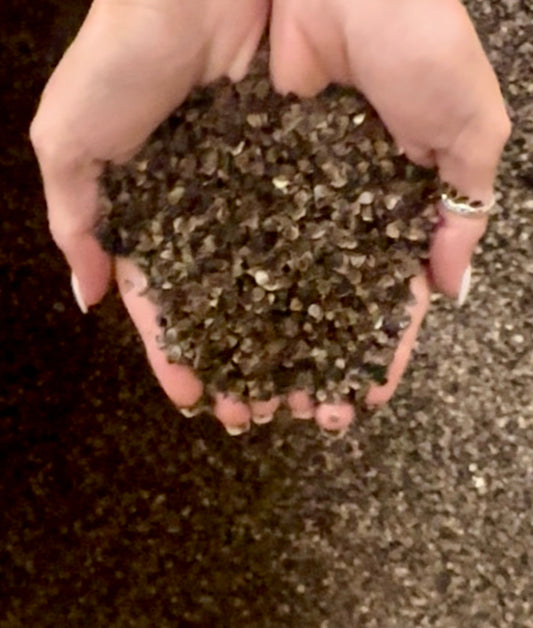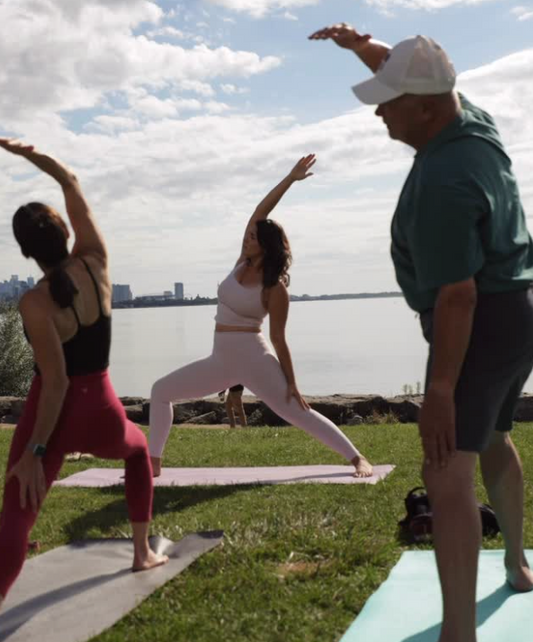Mindfulness for Kids: Some Tips to Start
Teaching mindfulness to children is a great way to support them in regulating their emotions, improving their attention and focus, and reducing their stress and anxiety. Want to try it with? Here are some tips to start:
- Keep it simple: Explain mindfulness in simple everyday language using children specific examples that are age-appropriate to help them understand it what it is. For example: You can say, to be mindful is to pay attention to what is going around us, to do one thing at a time, to slow down and take your time.
-
Make it fun: Incorporating games and hands on activities can make it more engaging for children. When teaching "mindful breathing" have them imagine that they are inflating a balloon in their belly as they inhale and slowly deflating it as they exhale. Another way is incorporating games, such as the SLOFLO World's Stacking Stones. Kids can slow down while balancing them on top of each other, use them as a sensory tool to notice their texture and the words woodburned on them, as worry stones to help them relax and put their worries away, or as prompts for conversations and journaling.

- Make it short: It is important that mindfulness activities are kept short to maintain the attention of children. Start with a few minutes and then increase the amount of time gradually as they build and expand their attention.
-
Make it consistent: Set a time each day to practise mindfulness and incorporate it into your everyday routine. This will support children build a habit of mindfulness that they can carry with them throughout their lives.
Rose Haworth, a Licensed Clinical Social Worker (LCSW) for Los Angeles Unified School District, explains that "mindfulness can help children gain invaluable life skills. It teaches them to become aware of their physical and emotional states, allowing them to stay in the moment and better control their emotions. By developing these skills early, children can better navigate the challenges of growing up and become more resilient in the face of stress and adversity, while also improving their focus, concentration, and attitude towards life.





